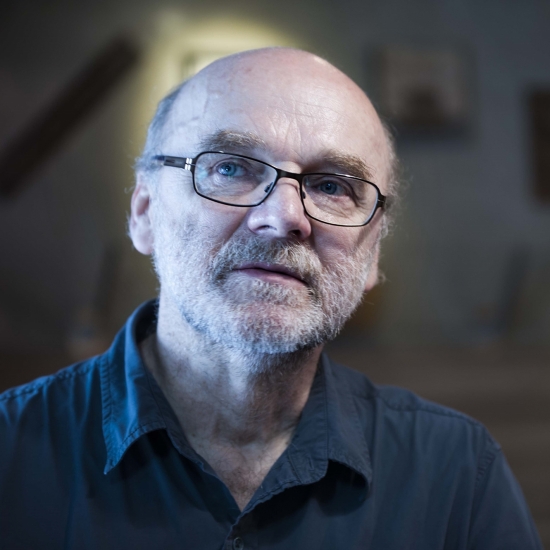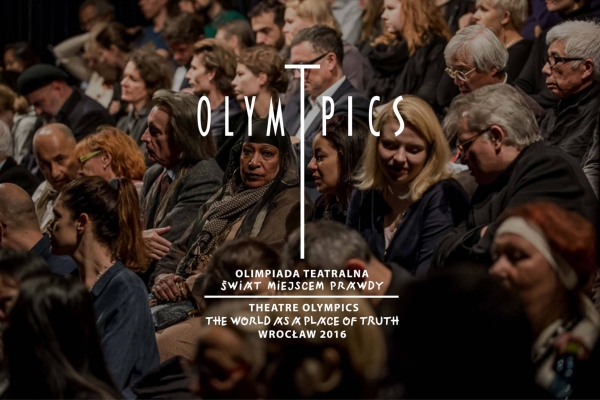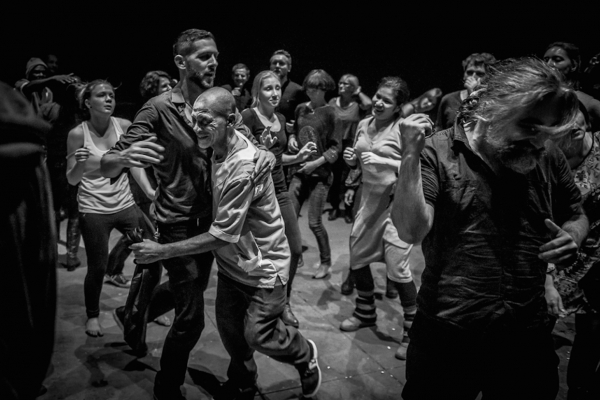New Titles
Two books by Leszek Kolankiewicz have been published: an English translation of the book Dziady. Teatr święta zmarłych entitled Dziady: Theatre of the Feast of the Dead and a reissue of the Polish book Samba z bogami. Opowieść antropologiczna (Samba with the Gods: An Anthropological Story).
Forthcoming title
Dziady: Theatre of the Feast of the Dead
Leszek Kolankiewicz
Translated by Adela Karsznia, edited by Duncan Jamieson
Polish Theatre Perspectives, 2016
Few theatre books have had as much impact in their immediate field as Leszek Kolankiewicz’s Dziady: Theatre of the Feast of the Dead, after its first publication in Polish in 1999. For many, Kolankiewicz’s approach was revelatory; for others, sacrilegious. His central subject — the ‘arch-drama’ of Polish culture, Adam Mickiewicz’s dramatic poem Forefathers’ Eve (Dziady) — becomes a platform for the author to explore not only diverse stagings of Mickiewicz’s work, but also the roots of the proto-Slavic dziady feast traditionally held to celebrate the dead, various cultural phenomena connected with it, and comparative perspectives on rituals and performances from around the world.
Kolankiewicz engages tools and methods from ethnology, anthropology, religious studies, theatre and performance, and other disciplines, to examine the cultural significance of both Mickiewicz’s text and the dziady rite for Polish myth and collective remembering. He sets practices from local, Slavic traditions within a wider, international and historical context, tracing shared genealogies and characteristics across cultures and times.
Alongside and in dialogue with this analysis, the author offers extended re-readings of ‘rites of the dead’ enacted by Polish theatres, encompassing performances of Mickiewicz’s Forefathers’ Eve by Stanisław Wyspiański (1901), Kazimierz Dejmek (1967), and Jerzy Grzegorzewski (1987, 1995), as well as Jerzy Grotowski’s Apocalypsis cum figuris (1969), Tadeusz Kantor’s The Dead Class (1975), Gardzienice’s Evening Performance (1977) and Sorcery (1981), and Węgajty Theatre’s annual seasonal carolling, among others. For Kolankiewicz, dziady/Dziady has become a lens through which artists and spectators alike share a basis to respond to a series of contemporary social and political situations. In this way, Mickiewicz’s writings have evolved into a mythical text of Polish culture that continues to serve theatre- and performance-makers as a point of reference — or departure — for their own creative visions.



